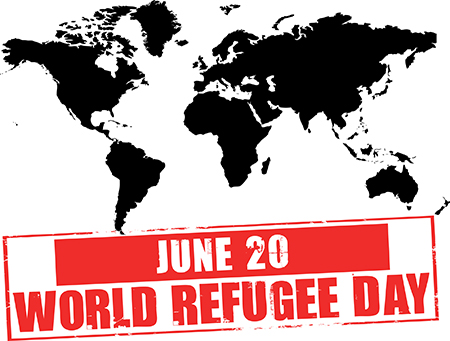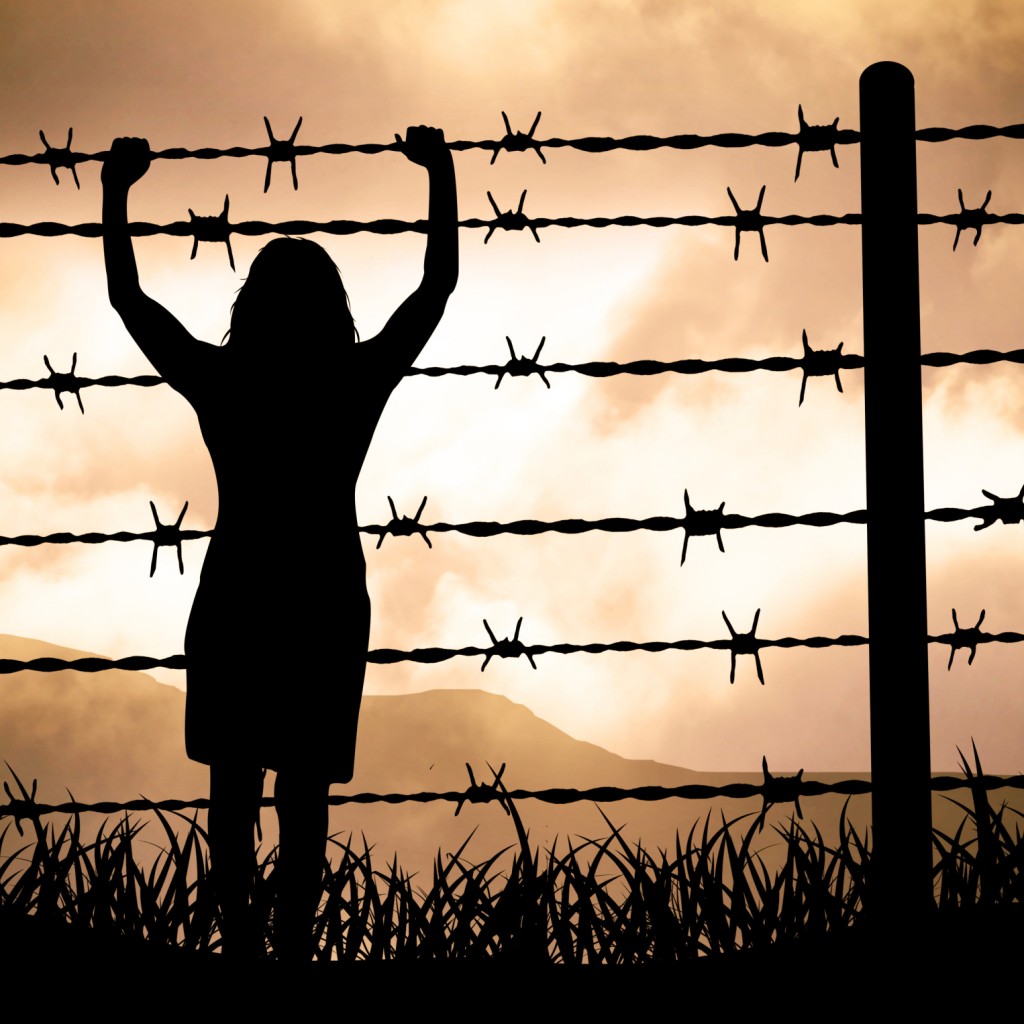Dr Katia Balabanova is a Lecturer in Political Communication in the Department of Communication and Media
“Refugee week in the UK is supposed to be an opportunity to celebrate the contribution of refugees to our society and to promote better understanding of why people seek sanctuary. But how many people know about it, and what difference can be made in a week? In the current economic and political climate it can be difficult to engage the public on refugee issues.
Since 2001 20th June has been celebrated across the world as the World Refugee Day, but can we have a truly global discussion of this complex problem? Can there be one message that reaches all the different audiences around the world? And how does this event fit with the increasing number of human rights days in the calendar?
Contribution of forcibly displaced people
The organisation behind it – the UN Refugee Agency, UNHCR – sees it as a focal point of their activities to recognise and applaud the contribution of forcibly displaced people throughout the world. It is their key communication tool and biggest visibility event of the year. In the UK the week sees a programme of arts, cultural and educational events and activities taking place.
Some have questioned whether more and more such days are needed. The establishment of Anti-Slavery Day adds to at least four separate dates when slavery past and present is remembered at national, regional or international level. This raises the question of how a ‘human rights day’ should be utilised, positioned, or ‘branded’. Underpinning many of these debates is the concept of ‘impact’ – long a buzz-word for academics, and now a concern for nearly all international organisations and charities.
New communication technologies and social media have enlarged the ability to communicate a message to a wide and diverse audience, offering new possibilities for engagement, but also bringing further challenges: what does the number of likes on Facebook or followers on Twitter mean for ‘impact’, does it translate into any meaningful action?
Analysis of impact
The University of Liverpool’s Department of Communication and Media is helping to answer some of these questions through a Knowledge Exchange partnership with the UNHCR to examine their World Refugee Day 2012 Dilemmas campaign. The project aims to help in the analysis of impact in the context of the contemporary media environment.
A roundtable event on this topic is taking place on 25 June, which will include participants and representatives from NGOs, IGOs, academia and government.”
For more information please visit: http://www.liv.ac.uk/communication-and-media/conferences/human-rights/

